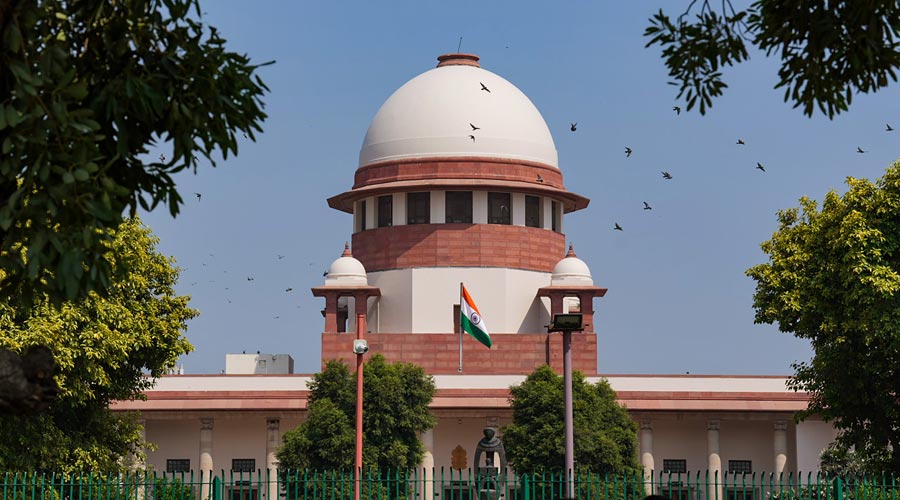Nithyakalyani Narayanan. V
On August 18th, the Supreme Court reserved its judgment on whether children born out of invalid, void and voidable Hindu marriages can inherit their parents’ ancestral property.
A three-judge Bench, headed by Chief Justice D.Y. Chandrachud along with Justices JB Pardiwala and Manoj Misrawas, was hearing the case which was aimed at an amended provision in Section 16(3) of the Hindu Marriage Act. The Section deals with the inheritance rights of children from void or voidable marriages.
The case was referred to a larger bench in 2011 after a division bench of Justice G.S. Singhvi and Justice A.K. Ganguly refused to follow past precedents and championed the cause of children born out of illegitimate marriages – “The birth of a child in such a relationship has to be viewed independently of the relationship of the parents. A child born in such a relationship is innocent and is entitled to all the rights which are given to other children born in valid marriage. This is the crux of the amendment in Section 16(3).”
The division bench had held that such children would have a right to any property that belonged to their parents, whether they were self-acquired or ancestral. The Bench explained that the children’s claims would be limited to the property of their parents and no other relation- “With changing social norms of legitimacy in every society, including ours, what was illegitimate in the past may be legitimate today. The concept of legitimacy stems from social consensus, in the shaping of which various social groups play a vital role.”
On August 18, CJI Chandrachud agreed with the findings of the division bench that children from void and voidable marriages had rights over the property, whether self-acquired or ancestral, of their parents. However, the Court said the fundamental question was when exactly did an ancestral property become the property of a parent of such a child- “But we are actually concerned about the acquisition of interest… when does an ancestral property become the property of the parents for the purpose of Section 16(3)?”
Name of the case: Revanasidappa v Mallikarjun
Bench: Chief Justice of India DY Chandrachud, Justice JB Pardiwala and Justice Manoj Misra


